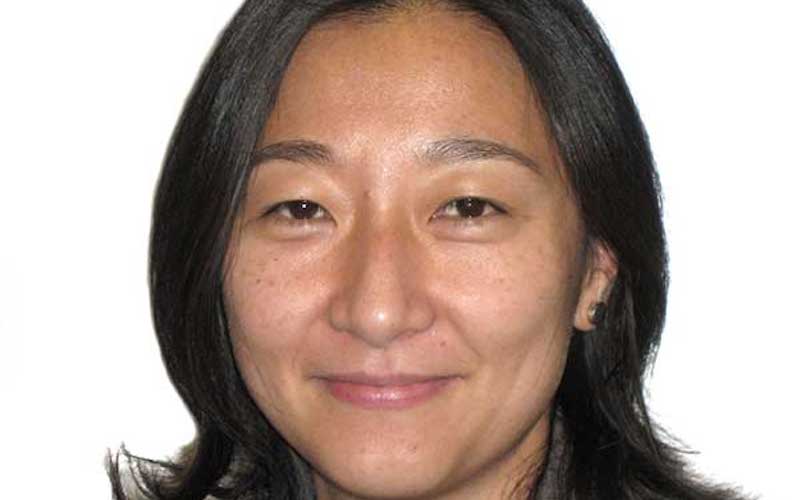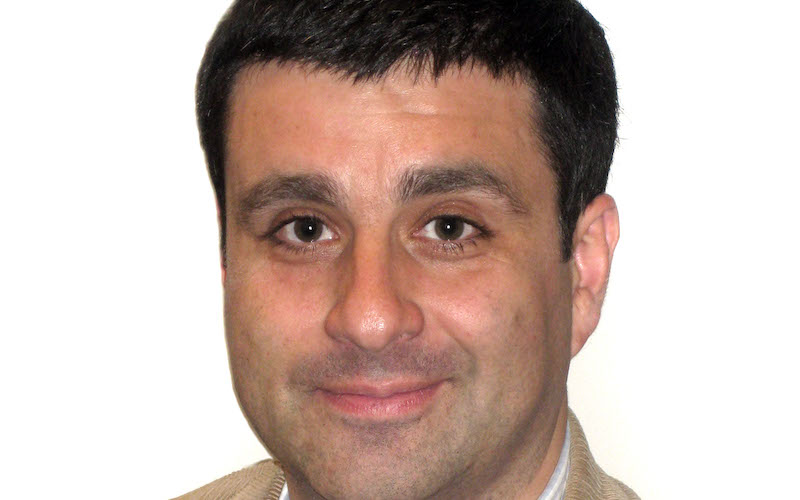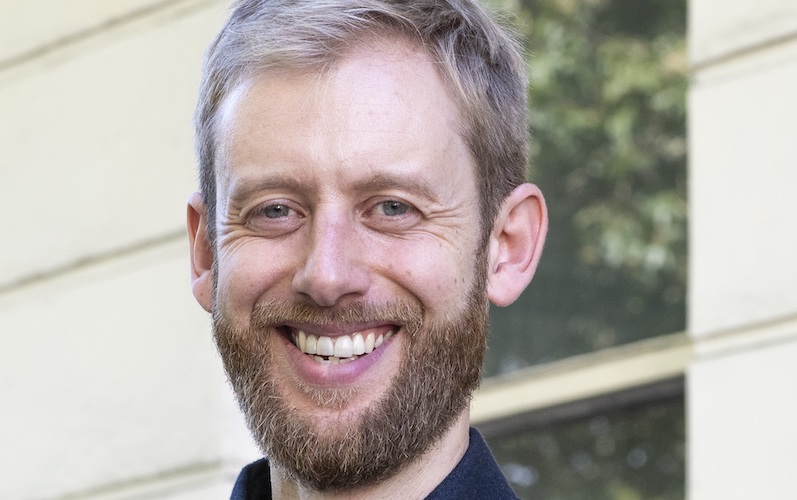Human Rights
The Department of Political Science at UCL has a strong core expertise in the field of human rights. Our research covers major themes in human rights research including theoretical foundations of human rights, human rights and international justice theory, the nexus between international justice, international law and human rights, international organisations and human rights, domestic and international politics of human rights and qualitative and quantitative analysis of human rights.
Our research team members also interact closely with other colleagues in the department whose work on comparative democratisation (Sherrill Stroschein) and constitutions (Robert Hazell), focuses on related research topics. We also collaborate extensively with members of faculty in Laws (Colm O'Cinneide; George Letsas, Philippe Sands, Ralph Wilde) and Philosophy.
Members of the research team have received funding from major UK funding bodies and have acted as consultants for the United Nations, Council of Europe and a variety of international NGOs. The team is directly involved in the UCL cross-departmental Institute for Human Rights.
Human Rights Voice
UCL Political Science supports Human Rights Voice, founded and created by our students. Human Rights Voice acts as a soapbox, amplifying authentic and compelling voices of activists and advocates on current human rights issues, abuses and violations around the world. They publish several articles each year and collaborate with a range of other universities, organisations and individuals working within the human rights field. Find out more and view their articles online.
1. Interpretation of human rights
The first research theme concerns foundational, and yet equally practical questions of how human rights should be conceptualised, justified and interpreted; how we establish what the scope of human rights are; how are human rights distinct from other values such as rights; social justice and equality and who should be the primary addressees of human rights.
- Selected Publications
- Bellamy, R. `Constitutive Citizenship vs. Constitutional Rights: Republican Reflections on the EU Charter and the Human Rights Act’, in T. Campbell, K. D. Ewing and A. Tomkins (eds), Sceptical Essays on Human Rights, (OUP, 2001), pp. 15-39
- Çalı, B. ‘Balancing Human Rights: Methodological Problems with Weights, Scales and Proportions’, Human Rights Quarterly
- Meckled-Garcia, S. 'On the Very Idea of Cosmopolitan Justice', Journal of Political Philosophy, Vol. 16/3, September 2008
- Meckled-Garcia, S. ‘Moral Methodology and the Thirds Theory of Rights’, SPP Working Paper, No. 28, 10 Oct. 2008 (SSRN 1282208)
- Meckled-Garcia and Cali, ‘Lost in Translation: International law and the human rights ideal’, in Meckled-Garcia and Cali, eds., The Legalization of Human Rights: Multidisciplinary Perspectives, Oxford: Routledge, 2006
- Meckled-Garcia, S. 'Neo-Positivism About Rights: What's wrong with rights as enforceable claims', Proceedings of the Aristotelian Society, CV(1), 2004.
2. International justice, International Law and Human Rights
This research theme focuses on the relationship between claims of global justice and the articulation of those claims in terms of human rights. It asks whether international effects which have negative consequences should be conceptualised as human rights breaches, and what the consequences of doing so might mean (vs. conceptualising them according to different standards, such as those of inter-state fairness). This research also engages with the problem of global poverty and human rights.
- Selected Publications
- Meckled Garcia, S. `Do Transnational Economic Effects Violate Human Rights?`, Ethics and Global Political, 2(3), September, 2009.
- Meckled-Garcia, S. 'How not to think about human rights and (global) justice' (in Spanish), Mariano Garreta Leclercq and Julio Montero (eds.), Human Rights, Democracy and Deliberation in a Transnational World (Derechos Humanos, Democracia y Deliberacion en un Mundo Transnacional), Buenos Aires: Prometeo, 2009.
- Meckled-Garcia, S. 'Global Justice and International Law', in B. Cali ed., International Law for International Relations, Oxford: Oxford University Press, 2009. Meckled-Garcia, S. 'International Neutrality and Human Rights', Res Publica, 10(2) 2004.
3. Institutionalisation of Human Rights
The third theme focuses on which institutions and what forms of mechanisms are better suited to protect human rights, what advantages domestic and international institutions have for human rights protection, what advantages legal versus non-legal institutions have, what makes current human rights institutions more effective and how we should go about designing new human rights institutions.
- Selected Publications
- Bellamy, R. Political Constitutionalism: A Republican Defence of the Constitutionality of Democracy, Cambridge University Press, 2007.
- Çalı and Wyss, The Authority of International Institutions: The Case for Human Rights Bodies’ SPP Working Paper Series, 2008.
4. International human rights regime, human rights performance and compliance
The fourth research theme focuses on the practical realisation of human rights in domestic and international settings, the impact of global and regional organisations and non-governmental organisations on the enjoyment of human rights, the factors that effect states’ human rights performance and the assessment of states’ compliance with their human rights commitments.
- Selected Publications
- Abouharb, M. R. , and Cingranelli, D. 2009. “IMF Programs and Human Rights, 1981-2003.” Review of International Organizations. 4(1): 47-72.
- Abouharb, M. R. and Cingranelli. 2007, D. Human Rights and Structural Adjustment. Cambridge: Cambridge University Press.
- Sobek, D., Abouharb, R. and Ingram, C. G.. 2006. "The Human Rights Peace: How the Respect for Human Rights at Home Leads to Peace Abroad." Journal of Politics (August) 68 (3): 519-529.
- Abouharb, M. R., and Cingranelli, D. 2006. "The Human Rights Effects of World Bank Structural Adjustment Lending, 1981-2000." International Studies Quarterly (June) 50: 233-262.
- Abouharb, M. R., and Cingranelli, D. 2004. "Human Rights and Structural Adjustment: The Importance of Selection," in Sabine C. Carey and Steven C. Poe (eds.) Understanding Human Rights Violations: New Systematic Studies. Ashgate Publishing: Aldershot, England. Pp 127-146.
- Bellamy, R. (with Justus Schönlau), ‘The Normality of Constitutional Politics: An Analysis of the Drafting of the EU Charter of Fundamental Rights’, Constellations: An International Journal of Critical and Democratic Theory, 11.3 (2004) pp. 412-33
- Cali, B. 'The Logics of Supranational Human Rights Litigation, Official Acknowledgement and Human Rights Reform: The southeast Turkey cases before the European Court of Human Rights between 1996-2006' Law and Social Inquiry, forthcoming 2010.
- Çali, B. 'Human Rights Discourse in Turkey: Domestic Human Rights NGOs' in Arat ed., Human Rights in Turkey: Policies and Prospects (University of Pennsylvania Press, 2007) 217-232.
- Çali, B. and Ergun, A. 'Global Governance and Domestic Politics: Fragmented Visions', in Lederer and Muller ed., Criticising Global Governance (Palgrave-Macmillan, 2005) 161-176
Institute for Human Rights
The department of political science is one of the founding and collaborating departments which has made the Institute for Human Rights possible. The Institute gathers together researchers from around UCL initiating and facilitating collaboration on significant research projects in the human rights field. The institute organises research oriented events (such as symposia and conferences), journals (The Human Rights Review), and produces reports on important areas of human rights research.
The department demonstrates its commitment to the Institute by supporting and participating in such initiatives and projects. Dr. Saladin Meckled-Garcia is a director of the Institute and other members of staff (Dr. Abouharb and Dr. Cali) serve on its steering committee.
The institute also promotes UCL’s and the Department’s commitment to research-led teaching and learning, by incorporating a student Internship Programme (The Human Rights Monitoring Project) which allows students to participate in cutting edge research. In addition to this the institute facilitates and promotes cross-departmental PhD applications in human rights, post doctoral positions, visiting fellows and associate researchers.
 Close
Close









